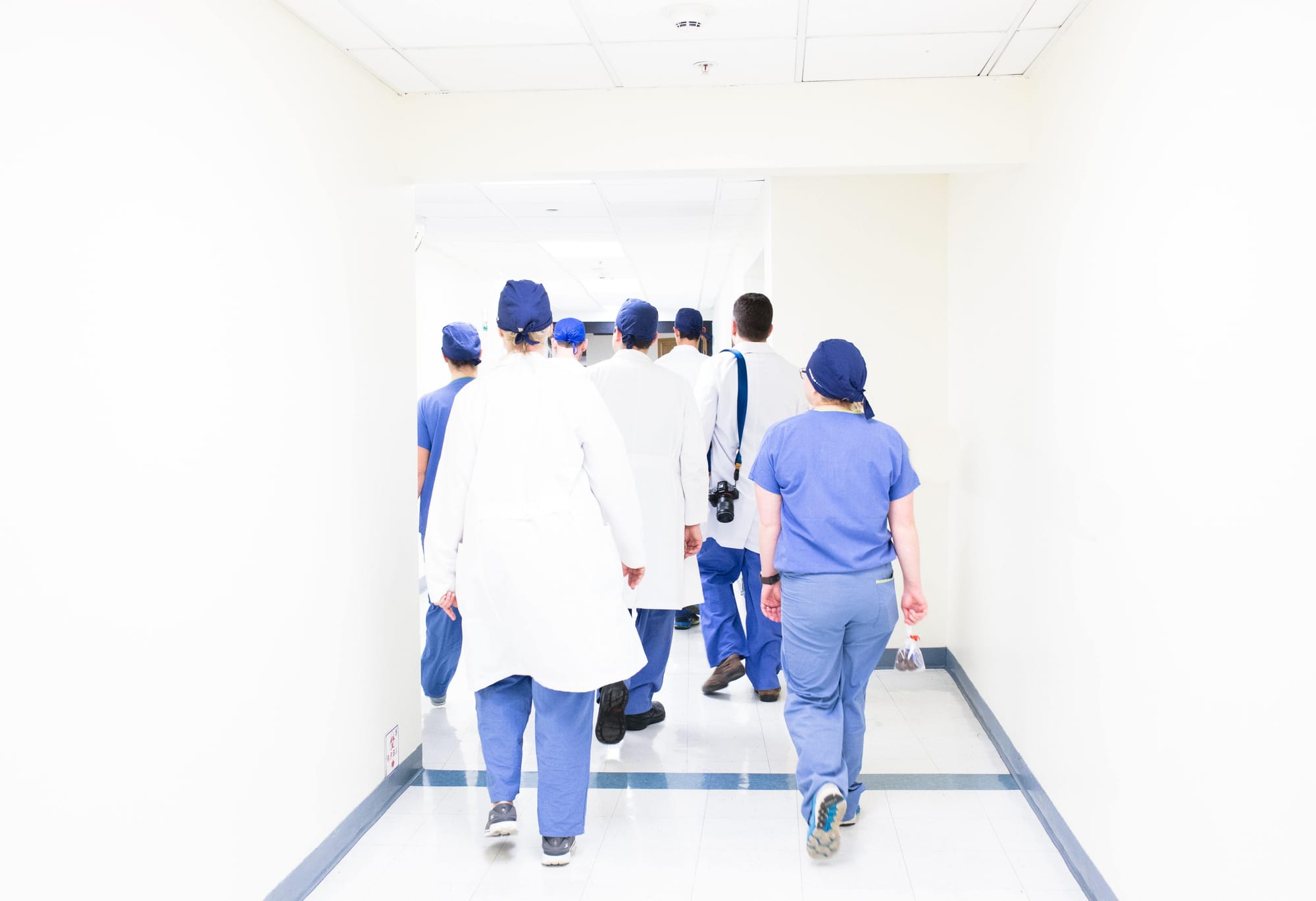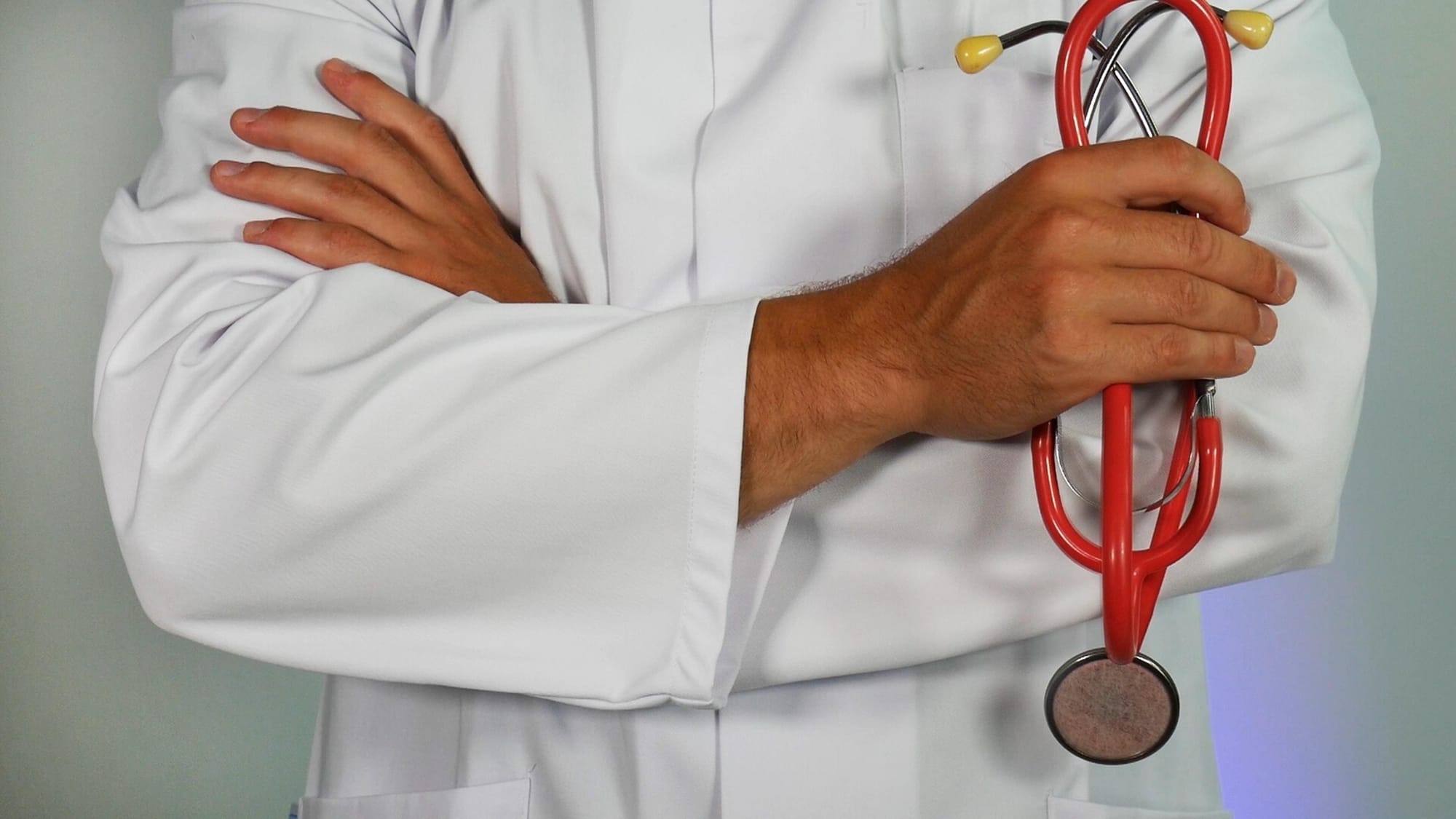
COVID-19, also known as the coronavirus disease, is an infectious disease that targets the respiratory system and can make someone dangerously ill. To date, the disease has infected over a million people worldwide and is taking lives by the hundreds each day. While many who are infected experience mild to moderate symptoms, those older or with pre-existing conditions find it hard to recover.
The Centers for Disease Control and Prevention (CDC) is responding aggressively to this global outbreak and constantly tracking the rate of increase in the number of cases tested each hour.
Who is more likely to develop complications?
Everyone is at risk and can contract COVID-19. Cases around the world have reported people of all ages from newborns to seniors who have contracted this newly discovered disease. However, certain groups of people are more likely to develop life-threatening complications from being infected by the disease.
In particular, high-risk groups of people include are those above the ages of 65 years old and those with pre-existing conditions. Doctors have warned that individuals who have chronic illnesses such as asthma, diabetes, cancer, and other chronic respiratory diseases are at a higher risk of developing serious complications after contracting COVID-19. Those 65 years or older or who are immunocompromised are also more susceptible to more dangerous symptoms of the disease.

Signs and symptoms of COVID-19
The three major symptoms of COVID-19 are fever, cough, and shortness of breath. In recent developments, it was seen that one of the initial signs of someone who has contracted COVID-19 is the loss of taste and/or smell. Symptoms typically appear anywhere between 2 to 14 days after exposure and in healthier individuals, these symptoms can be maintained and managed without the use of any hospital or medical equipment.
In certain cases, these symptoms do worsen and might require urgent medical care. Some of the more dangerous and serious symptoms are,
- Chest pains or pressure
- Difficulty breathing
- New confusion
- Bluish lips or face
Any individual experiencing these symptoms should seek immediate medical attention and go to an emergency department in a nearby hospital. Many individuals who have experienced these symptoms require ventilators and additional medical care to manage respiratory functions and pain. They will also need to be quarantined for a minimum of 14 days or five days until after symptoms have improved, whichever is longer.
How does COVID-19 spread
The main form of transmission for COVID-19 is through respiratory droplets that are produced when a person talks, coughs or sneezes. These droplets may be inhaled by a person in close range or touched from surfaces that they land on.
Many people without symptoms of COVID-19 can also carry and spread the disease. Droplets survive on surfaces for hours and can be picked up by anyone who comes into contact with those surfaces. Hence it is always important to wash your hands and maintain social distancing of at least 6 feet from one another.
What to do if you have been exposed to COVID-19
Doctors warn that anyone might be infected with COVID-19 and many who have contracted the disease show little to no symptoms. Anyone can be exposed to COVID-19 if they live with a sick person in the same home, are caring for a person with COVID-19, or have come into contact with someone with COVID-19.
If you suspect or know that you have been exposed to someone with COVID-19, it is important to understand the risks and monitor for symptoms immediately. Within the first 14 days, check for fever or coughing. Even if you do not show symptoms, you should stay home and avoid going to public or crowded places where you might then expose the disease to others around you.
If you do develop symptoms, a self-quarantine is the best way to prevent spreading the disease. Contact your doctor’s office to inform them of your symptoms. Your doctor will want to monitor your health and may also request for you to be tested should your symptoms get worse.
Currently, there are no vaccines or treatments for those who have contracted COVID-19. Medical staff in hospitals are only able to help manage and symptoms and try to prevent any respiratory infections from becoming worse. It is important to always keep your distance and stay home to prevent spreading or contracting the disease. If you do have to go outside, wear a face mask and remember to wash your hands.